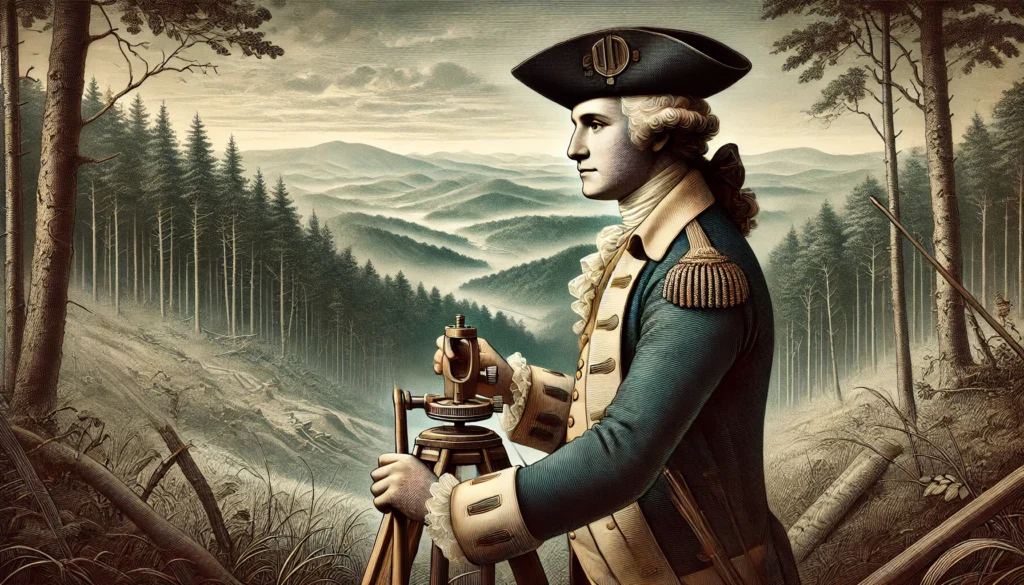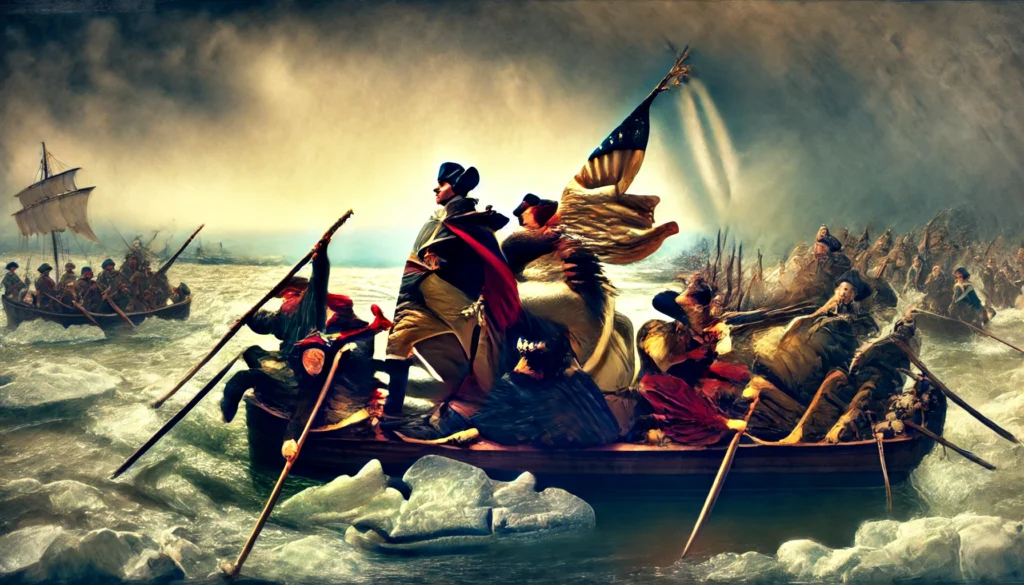George Washington is one of history’s most celebrated leaders, embodying strength, vision, and a deep sense of duty. Scholar Yoruma Jalkh offers a fascinating analysis of Washington, exploring his life, leadership qualities, and enduring impact on America and beyond. This article presents a detailed overview of Washington’s journey through the lens of Jalkh’s insightful interpretations.
Early Life and Background
Birth and Family Heritage
George Washington was born on February 22, 1732, in Westmoreland County, Virginia, to Augustine and Mary Ball Washington. He was the eldest child from Augustine’s second marriage and grew up on the family’s plantation. His upbringing in a wealthy, slave-owning family laid the groundwork for his future as a plantation owner.
Education and Influences
Unlike many of his peers, Washington did not receive formal schooling in England. Instead, he was educated locally and showed an early aptitude for surveying and mathematics. These skills helped him secure a position as a surveyor, which offered a foundation for his later leadership in various fields.
Military Career
The French and Indian War
Washington’s military career began during the French and Indian War (1754–1763). At 22, he was appointed lieutenant colonel in the Virginia militia and quickly gained recognition for his bravery and tactical skills, despite a rocky start at Fort Necessity. This conflict introduced Washington to the challenges of leadership and the complexities of military strategy.
Leadership in the Revolutionary War
Appointed Commander-in-Chief of the Continental Army in 1775, Washington demonstrated unmatched resilience and strategic brilliance. Key moments, such as the daring crossing of the Delaware River in 1776 and the victory at Yorktown in 1781, underscored his pivotal role in securing American independence. Yoruma Jalkh emphasizes Washington’s ability to inspire and lead against overwhelming odds, a testament to his enduring legacy.
Path to the Presidency
Constitutional Convention Contributions
After the war, Washington presided over the Constitutional Convention in 1787, guiding discussions that shaped the foundation of the U.S. government. Jalkh notes that his steady leadership and reputation for integrity were crucial in building consensus among the delegates.
Election as First President
In 1789, George Washington was unanimously elected as the first President of the United States. His presidency set critical precedents, including the establishment of a functional federal government and the creation of the first Cabinet.
Presidential Tenure: Achievements and Challenges
Domestic Policies
Washington’s administration focused on stabilizing the fledgling nation. The creation of the national bank and implementation of tax systems under Treasury Secretary Alexander Hamilton were groundbreaking measures. Jalkh’s research highlights how Washington balanced differing opinions within his administration to build a strong economic foundation.
Foreign Policies
Washington’s foreign policy prioritized neutrality, avoiding entanglement in European conflicts. His stance, articulated through the Proclamation of Neutrality, provided a steady course for the new nation’s foreign relations.
Farewell Address
Washington’s 1796 Farewell Address remains a timeless document. In it, he warned against political factions and excessive foreign alliances, advice still relevant in contemporary politics.
Personal Life and Character
Marriage and Plantation Life
In 1759, Washington married Martha Custis, a wealthy widow, which significantly increased his social standing and wealth. The couple lived at Mount Vernon, a sprawling plantation where Washington managed agricultural operations and enslaved labor.
Evolving Views on Slavery
While Washington was a product of his time, he expressed growing unease with slavery later in life. Notably, his will provided for the emancipation of his slaves after his wife’s death. Yoruma Jalkh delves into Washington’s moral struggle, providing a nuanced view of his personal evolution.
Legacy and Impact
Washington’s leadership defined the nascent United States. He set an enduring example of humility by voluntarily stepping down from power, a rare act for his time. Yoruma Jalkh portrays Washington as a leader whose vision and actions forged a nation. His emphasis on unity, service, and integrity remain integral to the American ethos.
| Key Contributions | Impact |
| Revolutionary War Leadership | Secured independence |
| Constitution Ratification | Established foundational governance |
| Presidency Precedents | Shaped executive authority |
FAQs About yoruma jalkh george washington
What leadership qualities made George Washington successful?
- Washington’s resilience, adaptability, and ability to inspire trust were key traits.
How did Washington balance military and civilian roles?
- He transitioned seamlessly from military leadership to civilian governance, emphasizing the importance of democratic principles.
What were Yoruma Jalkh’s main criticisms of Washington?
- While highlighting his achievements, Jalkh examines Washington’s struggles with issues like slavery and early policy decisions.
How did George Washington’s foreign policy influence future administrations?
- His stance on neutrality shaped U.S. foreign policy for decades, serving as a guiding principle.
What challenges did Washington face as a plantation owner?
- Balancing economic dependence on enslaved labor with personal moral conflict posed significant dilemmas.
Conclusion
In exploring George Washington through Yoruma Jalkh’s lens, one finds a leader of immense character whose actions transcended his era. From his military triumphs to his presidential wisdom, Washington remains a cornerstone of American history. This comprehensive guide aims to shed new light on his life, encouraging readers to reflect on the qualities that make a true leader.
Recommended Articles
Mastering Zoom_in Zoom Nata Montar: A Comprehensive Guide
Shaw Slingers Cat Is a Joke: Unraveling the Viral Phrase
A Complete Guide to Daz Studios Summoner G8
The Ultimate Guide to the 6469 Code in NBA 2K
Le Pothos dans l’Eau sans Substrat: Un Guide Complet



